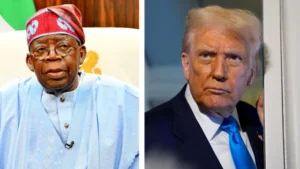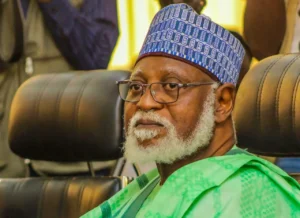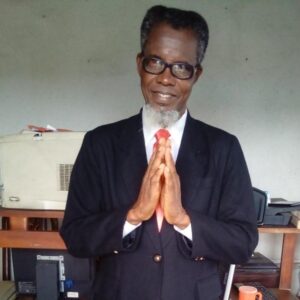THE JUNTA HANDS UP: A REFLECTION ON THE INHUMANITY OF MAN TO MAN.

In the annals of Nigeria’s tumultuous political history, few events resonate with as much pain and regret as the annulment of the June 12, 1993 presidential election.
It was a moment that promised hope, a beacon of democracy shining through the shadows of military rule.
Yet, in a twist of fate that would haunt the nation for decades, that promise was extinguished by the very hands that were meant to protect it.
Recently, former military president Ibrahim Badamasi Babangida, the architect of that fateful decision, expressed profound regret over the annulment, stating that he would have acted differently had he been given another chance.
This admission, made during the launch of his book, serves as a poignant reminder of the inhumanity that can arise when leaders prioritize personal ambition over the collective good.
The June 12 election, widely regarded as the freest and fairest in Nigeria’s history, was a watershed moment for a nation yearning for democracy.
The overwhelming support for the late Moshood Abiola, the presumed winner, was a testament to the people’s desire for change.
Yet, in a cruel twist of fate, Babangida’s regime chose to disregard the will of the people, opting instead for a path that would lead to chaos, division, and suffering.
This decision was not merely a political miscalculation; it was an act of inhumanity that stripped millions off their hopes and dreams, leaving a legacy of disillusionment that still lingers today.
Babangida’s recent reflections prompt us to examine the broader implications of such disregard for national interest.
When leaders prioritize their own agendas over the welfare of their citizens, they commit an act of violence against the very fabric of society.
The annulment of the June 12 election was not just a political blunder; it was a betrayal of trust, a denial of the people’s voice, and a stark reminder of the fragility of democracy.
In a world where power often corrupts, the responsibility of leadership becomes a heavy burden, one that requires a commitment to the greater good rather than personal gain.
The inhumanity of man to man is not confined to the corridors of power; it permeates every level of society.
It manifests in the indifference to the plight of the marginalized, the exploitation of the vulnerable, and the systemic injustices that plague our communities.
Each act of cruelty, whether on a grand scale or in the quiet corners of our lives, chips away at our humanity, creating a chasm of distrust and despair.
Babangida’s regret serves as a cautionary tale, urging us to reflect on our own actions and the impact they have on those around us.
As we navigate the complexities of our modern world, it is imperative that we learn from the lessons of the past.
The echoes of June 12 remind us that the pursuit of power must never come at the expense of the people.
Leaders must be held, accountable, not only for their decisions but for the consequences those decisions have on the lives of ordinary citizens.
In a democracy, the voice of the people is sacred, and to silence it is to commit an act of inhumanity.
However, let us take Babangida’s regret as a call to action. It is a reminder that we must strive for a society where empathy and compassion reign supreme, where the interests of the many are prioritized over the ambitions of the few.
The inhumanity of man to man can only be countered by a collective commitment to justice, equity, and the unwavering belief that every voice matters.
As we reflect on our history, let us forge a future where the lessons of the past guide us toward a more humane and just society. The time for change is now, and it begins with each of us.
A Call To Look Inward
By: Amb. Dr. Samson Joseph Iriruaga.




